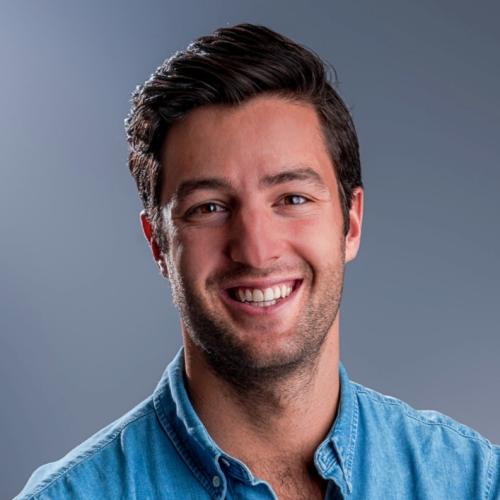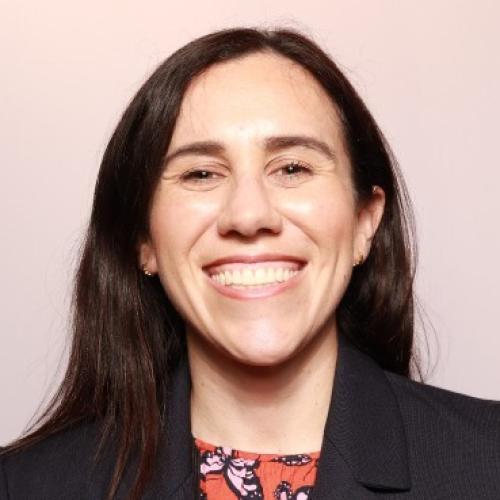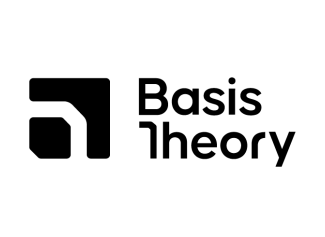We’re flipping the script…. again! After 2024’s sold out success it’s the return of the reverse pitch!40+ investors, each with a dynamic two-minute pitch detailing their investment criteria, category preferences, stage of interest and what they look for in potential partners.
Following this reverse pitch the meeting scheduler will open to pre-book the afternoons 1-2-1 meetings.
Taking the guess work out of meetings so you can connect smarter and faster. Get ready, get comfortable and let the pitching begin!

Jane Lauder
Jane Lauder is an entrepreneur, investor, and longtime board member of The Estée Lauder Companies (ELC). She is the founder of TAW Ventures, a firm dedicated to advancing pet wellness, health and longevity through strategic investments in groundbreaking products and solutions.
Jane’s dedication to the pet sector builds on her nearly three-decade career at The Estée Lauder Companies (ELC), where she served in senior leadership roles across marketing, product innovation, and global brand management. Most recently, as Chief Data Officer and Executive Vice President of Enterprise Marketing, she led the company’s integration of AI and advanced technology tools, driving growth and transformation at one of the world’s most iconic beauty companies.
Now, Jane is channeling the same creativity, rigor, and growth mindset that defined her beauty career into shaping the future of pet health. She believes that the principles of building global beauty brands—deep consumer connection, innovation rooted in science, and a relentless focus on quality—are equally powerful in creating the next generation of pet wellness companies.

Robert Diamond
Robert is a successful entrepreneur with a track record of creating value from customer data.
Robert is the co-owner and CEO of identicare, the UK’s largest pet microchip registration and pet protection services provider. Identi offers recurring-revenue subscription services to over 4 Million pet owners. In Feb 2024 Robert bought out his joint venture partner (Animalcare PLC) with backing from Bridgepoint Group, one of the UK’s leading private asset investors, in a transaction valued at £30 Million.
At the same time Robert continues to oversee Fernbrook Partners, a private portfolio covering early-stage technology and lifestyle investments and commercial property acquisition, development and leasing.
From 2011 - 2017 Robert helped the acquisition, turnaround and successful sale of RAC, the world’s oldest motoring organisation. In his executive role as Managing Director Motoring Services, he oversaw the data assets of RAC’s 8.2 Million members and also ran six data / digital businesses. He was actively involved in the post-acquisition integration of RAC by Carlyle Private Equity and subsequent exit to GIC Singapore in 2014 and CVC Partners in 2015.
Prior to this, in 2001 Robert founded what became emnos - the leading provider of ‘customer centric’ services and decision-support tools. Clients included top retailers (Target, Walgreens, Morrisons, Waitrose, Boots, Co-operative Group) and their FMCG suppliers. The business was sold to Palamon Private Equity in 2007 and sold on to American Express in 2011.
Robert spent the previous 13 years in marketing and sales roles in the consumer and retail industries.
Robert is an elected member and former board director of the Young Presidents Organisation and regular media contributor (and TED talker) on the use of customer data. He lives in the UK with his wife and four children.

Max Pluss

Linda Block

Jay DeLong

Jared Jacobs

Natalie Marks
Dr. Natalie Marks is a small animal veterinarian with over twenty years of clinical experience. She owned the largest animal hospital in Chicago. More recently, she has been the founder and president of MarksDVMConsulting, an educational and strategy consulting firm working with companies of all stages nationally and internationally. She is also on the Executive Committee of VANE, the premier veterinary angel network investor group. VANE currently has 28 portfolio companies and provides direction, connection, and funding to start-ups in the animal health space.

Rachel Sheppard
As the Director of Ventures for Mars Petcare, I also co-Lead the Leap Venture Studio program. If you're working on a new pet care startup idea, it would be great to connect!
Talk to me about: pet care startups, innovation, new ideas, and fundraising!

Dace Graham









